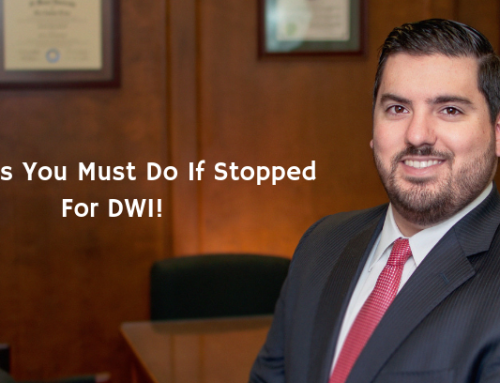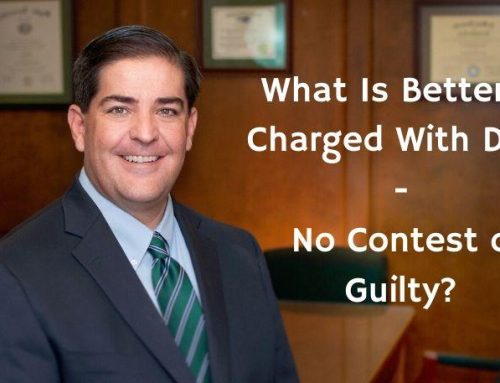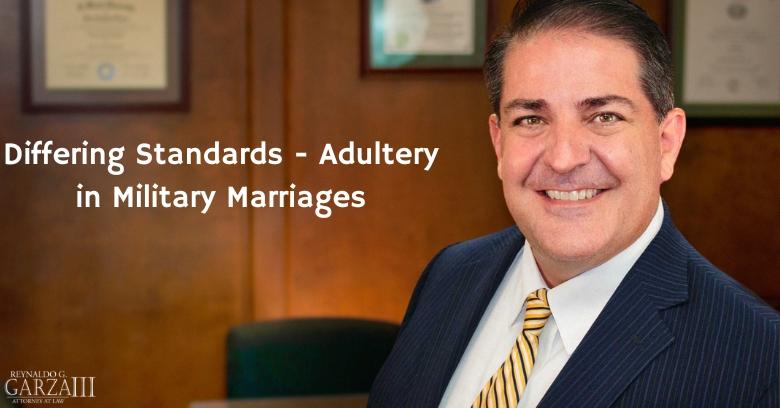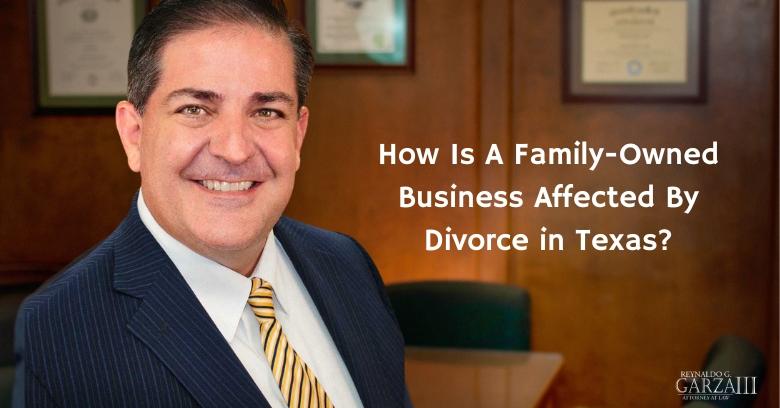If you are stopped for a suspected DWI, you will likely be asked by the officer who stopped you to perform one or more field sobriety tests including breath and blood tests, .
Both of these tests are the subject of much controversy, as DWI lawyers have determined that many are either performed without warrant or an established need or done incorrectly.
Due to the legal complexities surrounding these tests, DWI defense attorneys have found it to be extremely important that drivers understand how the law works with regard to these field tests and how they should be handled.
Implied Consent to Sobriety Testing
The first thing that DWI attorneys need all drivers to understand is that upon receiving driving privileges, all U.S. drivers are giving their consent to field sobriety testing should they ever be stopped for suspected DWI which is called implied consent.
Implied consent laws state that in exchange for the ability to legally drive on public roads, drivers consent to BAC testing when there is a valid reason to suspect they may be DWI.
Conversely, any person may also legally refuse to consent to BAC testing; however, DWI lawyers do warn that such a refusal could lead to serious consequences including immediate removal of your drivers license among others.
Police Can Administer Warrantless BAC Tests?
In terms of the actual administering of breath and/or blood testing, the question of warrantless BAC testing and privacy concerns has recently been addressed by the Supreme Court.
The Supreme Court ruled that because breath tests are a minimally invasive and important tool used to obtain quick BAC results when time is of the essence, no warrant is required to perform one.
Because blood testing is personally invasive, may not always be necessary, and the fact that a warrant can be obtained more quickly now, police must obtain that warrant to perform a blood draw.
Are Warrantless Blood Draws Ever Legal?
Even though BAC using a blood draw requires a warrant, DWI attorneys warn that there are specific instances where one can be legally performed without a warrant.
The Supreme Court also ruled that when a driver is unconscious or unable to give consent and a blood draw is either medically necessary or required to establish BAC for legal reasons, a blood draw may be performed without a warrant.
Beyond these circumstances ;which may still be questionable, warrantless blood draws may not be performed.
Contact A DWI Lawyer
The legality of warrantless blood testing and sobriety testing in general is a very gray area that is subject to interpretation depending on the circumstances.
Anyone who has been charged with DWI and undergone BAC testing, has refused BAC testing, or questions the legality of their testing should contact a DWI defense lawyer right away to discuss their situation and ensure that their legal rights are upheld.
The margin for error, both in procedure and administration, is great and should be reviewed by an attorney experienced with handling DWI defense cases.
Reynaldo Garza, III
Downtown Brownsville
Principal Office
680 East St. Charles St, Suite 600
Brownsville TX 78520
956-382-7002












